4 Steps to Adaptive HR Leadership
Ever wondered how HR leaders not only navigate but excel in the ever-changing maze of today’s workplace? In the midst of the dynamic landscape, HR experts are called to nurture a mindset that not only welcomes change but tailors strategies to the present, prioritizing employee needs.
Discover a roadmap on how embracing a coachable mindset, streamlining strategies, and ensuring consistent results can empower HR professionals to skillfully navigate the evolving demands of employees:
1. Embrace The Coachable Mindset
In the ever-evolving world of HR, the coachable mindset is paramount. Being open to learning and adapting ensures that HR leaders can make informed decisions, especially when faced with incomplete information. The digitization of processes necessitates a willingness to incorporate new approaches, such as digital communications and virtual benefit fairs, to engage employees effectively. A coachable leader fosters a culture of growth, ensuring HR tactics align with the evolving needs of the organization.
2. Simplify Your HR Strategy
Amidst the chaos of HR responsibilities, simplicity is key. HR leaders need to identify organizational priorities and streamline day-to-day operations. Utilizing digital tools, communication platforms, and benefits administration systems can optimize resource management and ease the administrative burden. Personalized benefits messaging can further enhance communication efficiency, delivering targeted information to specific employee groups. Simplifying the employee experience, both digitally and in communication channels, contributes to a more effective and streamlined HR strategy.
3. Look For Repeatable Results
Consistency is the cornerstone of a strong HR strategy. HR leaders should focus on developing efficient, repeatable processes across various functions, from hiring and onboarding to performance management. Automation through digital HR systems allows for the elimination of manual tasks, freeing up time for strategic priorities. By establishing wellness challenges and assessments, HR teams can track year-over-year growth in preventative care participation, fostering a culture of employee engagement and success. Repeatability ensures that HR efforts consistently contribute to long-term organizational goals.
4. HR Must Evolve With The Times
A robust HR strategy today may not suffice tomorrow. HR leaders must possess the agility to evolve strategies based on emerging trends and employee needs. Whether addressing work-life balance, health concerns, or overall support, an adaptive approach rooted in coachability, simplicity, and repeatability is vital for sustained success.
In conclusion, HR leaders navigating the ever-changing landscape must embrace adaptability as a core competency. The coachable mindset, simplified strategies, and a focus on repeatable results enable HR professionals to not only meet current employee needs but also proactively anticipate and address future challenges. Evolving with the times ensures that HR remains a strategic force driving organizational success.




